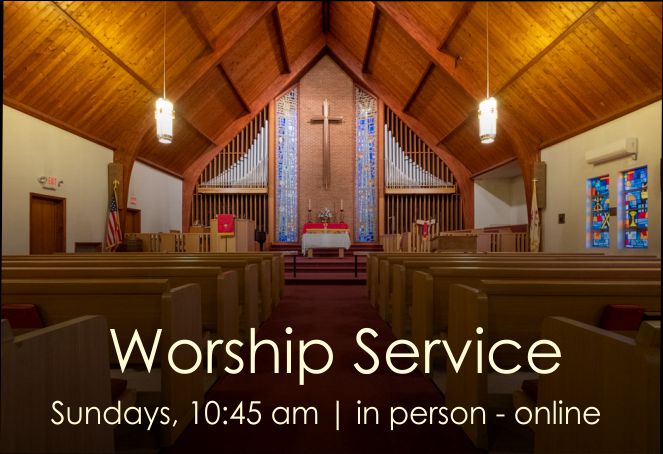Jesus saved us from our own image of God

“No one has ever seen God, but the one and only Son, who is himself God and is in closest relationship with the Father, has made him known.” John 1:18
This statement is absolutely revolutionary. It proposes two actions, ‘see’ and ‘know’. It is the author of the gospel who highlights the fact that although people believe they know God, the one who can really reveal him is Jesus. It is as if until that moment there had been distorted images of the Father, which is why Jesus emphasizes that at the end of the day no one had seen the Divine. So a progressive process is proposed: first to see and then to know.
To explain this, let me please illustrate with a couple of examples.
David. One of the greatest references for the people of the biblical Israel is this ‘worshiper’ king. It is disturbing to discover that one of the characteristics that people used to hold in the highest esteem of God was the Divine as a warrior. The boy who defeated Goliath was the incarnation of a king of war when the nation needed him.
As a result, the Jews expected this warlike characteristic in their Messiah. They waited for a Christ of war that would liberate them by violence, or by force of arms, from the yoke of the empire. However, it was not so. Instead, Jesus brought the message of love and ‘the other cheek.’
One of King David’s greatest frustrations was the fact that he was unable to build a temple for God. And it was very important because he discovered that the essential thing for him was to be connected in some way to a close relationship with his Lord. However, the reason why God did not allow him to do so reveals something of the deepest aspect of the character of the Father that would later be confirmed in Jesus Christ.
“Then he called for his son Solomon and charged him to build a house for the Lord, the God of Israel. David said to Solomon: “My son, I had it in my heart to build a house for the Name of the Lord my God. But this word of the Lord came to me: ‘You have shed much blood and have fought many wars. You are not to build a house for my Name, because you have shed much blood on the earth in my sight.” 1 Chronicles 22:6-8
When we continue to see God as a sponsor of wars that bring death, or as someone eager to shed blood, we would do well to review again and again the life of Jesus, his example and words which, time after time, will reveal to us something of the deepest aspect of the character of the Father. This is despite the fact that to this day the warmongering character (and language) of God, presented mainly in the Hebrew Bible rather than in the New Testament, continues to be taught in various Christian temples.
The Unprofitable servant. The Parable of the Talents presented in Matthew 25:14, is another clear example of how unhealthy it can be to live with an inaccurate image of God. In this case, the Gospel illustrates this through the relationship between a servant and his Lord.
“Then the man who had received one bag of gold came. ‘Master,’ he said, ‘I knew that you are a hard man, harvesting where you have not sown and gathering where you have not scattered seed. So I was afraid and went out and hid your gold in the ground. See, here is what belongs to you’.” Matthew 25:24-25
What kind of image this servant had of his master! Why would he say such a thing if the lord actually gave him a bag of gold? I mean, his experience had shown him that the lord of the story was not going to ask him about something that he had not provided before. Nevertheless, his previous knowings (dogma, mental structure, theology, etc.) told him otherwise. And then, this servant got afraid and he failed.
Some of our own beliefs have brought us to a place of fear instead of a place of love, trust, and hope. That is why some of us do not get fully involved in God’s project, because we are afraid instead of empowered and hopeful. We fear a deity who is behind us taking note of every sin or mistake we make and that fear does not let us see that Jesus’ God is more interested in us being aware of the gifts God has given us to extend the good news to others.
Jesus came to save us from the fear that an inaccurate image of God brings.
Let’s let Jesus save us!
Warmly,
Ps. David Gaitan









